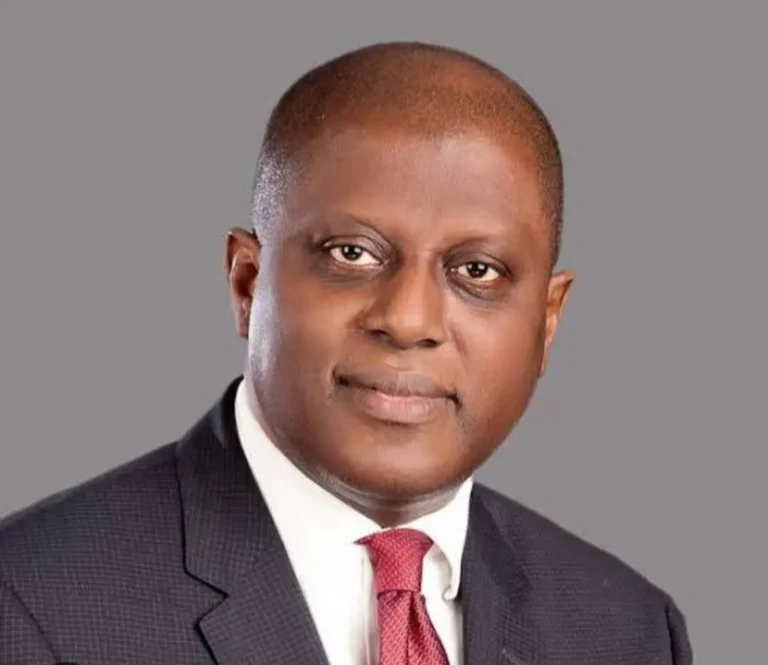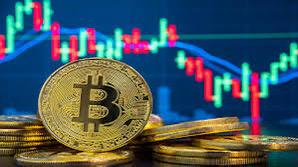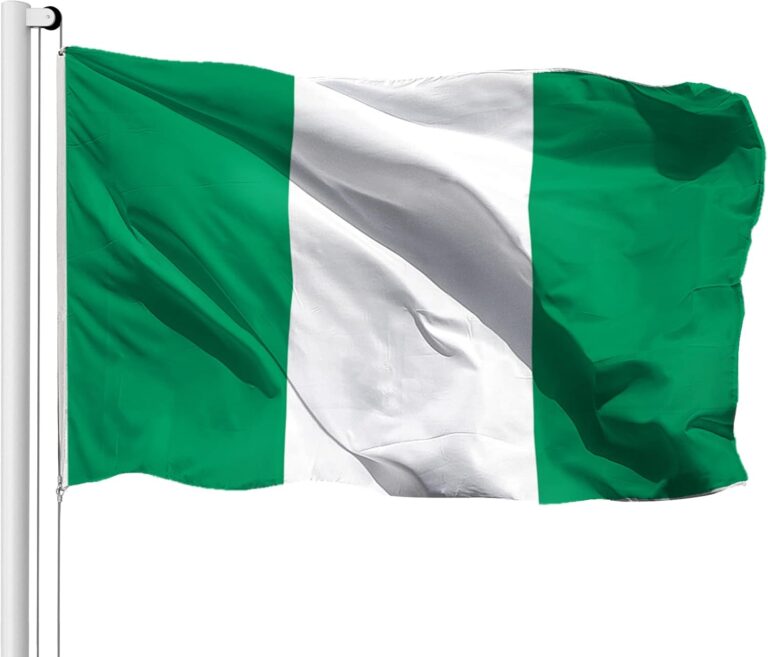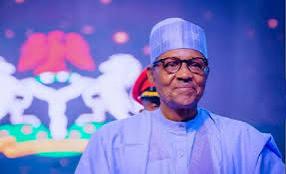Nigeria’s foreign exchange (FX) reserves have surged to $43.4 billion in October from $41 billion in August, the highest level in five years, signaling a significant improvement in the nation’s economic fundamentals and a major vote of confidence from the international investor community. The latest fx reserve is enough to cover 11 months of imports, the finance ministry said in a statement on Thursday.
According to a statement from the ministry of finance, the milestone was announced by the Central Bank Governor, Mr. Olayemi Cardoso, who led the Nigerian delegation to the 2025 World Bank Group (WBG) and International Monetary Fund (IMF) Annual Meetings in Washington D.C., at a high-profile Nigeria Investors Forum held on the sidelines of the event.
Mr. Cardoso, alongside the Honourable Minister of State for Finance, Dr. Doris Uzoka-Anite, assured investors of the government’s unwavering commitment to advancing reforms aimed at unlocking sustainable investment opportunities and growth. He emphasized the tight collaboration between the Central Bank and the Ministry of Finance to ensure “alignment, stability, and clarity” for potential investors.
The CBN Governor expressed strong optimism about Nigeria’s economic prospects, stressing that the government is focused on strengthening the economy and fostering sustainable growth.
Further highlighting the success of the reforms in attracting capital, the CBN Deputy Governor, Mohammed Abdullahi, elaborated on the significant improvements in foreign exchange (FX) inflows. He noted that the monthly turnover in the forex market has risen by a remarkable 56.4% to $8.6 billion in 2025.
“Over the last two years, we’ve really focused a lot on improving FX flows into the economy, and we’ve seen a significant jump. Average net flows between January 2023 and July have doubled,” Abdullahi stated.

The government’s ambitious economic vision was outlined by Sanyade Okoli, the Special Adviser to the President on Finance and the Economy. She reiterated the Federal Government’s commitment to achieving a 7% economic growth rate by the 2027-2028 fiscal year through strategic diversification and massive infrastructure investment.
For the near term, Okoli stated that the government is forecasting 4% growth in 2025, which is projected to rise to approximately 5% next year, following a recent upward revision of Nigeria’s forecast by the IMF from 3.5% in July to 3.9% in its October latest report.
The Special Adviser underscored the declining reliance on hydrocarbons, noting that Nigeria’s dependence on oil for total exports has reduced to about 57.5% in the first half of this year compared to the previous year. Furthermore, oil now accounts for only about 4% of GDP, a drop from 8% in 2021, illustrating the progress in economic diversification.












